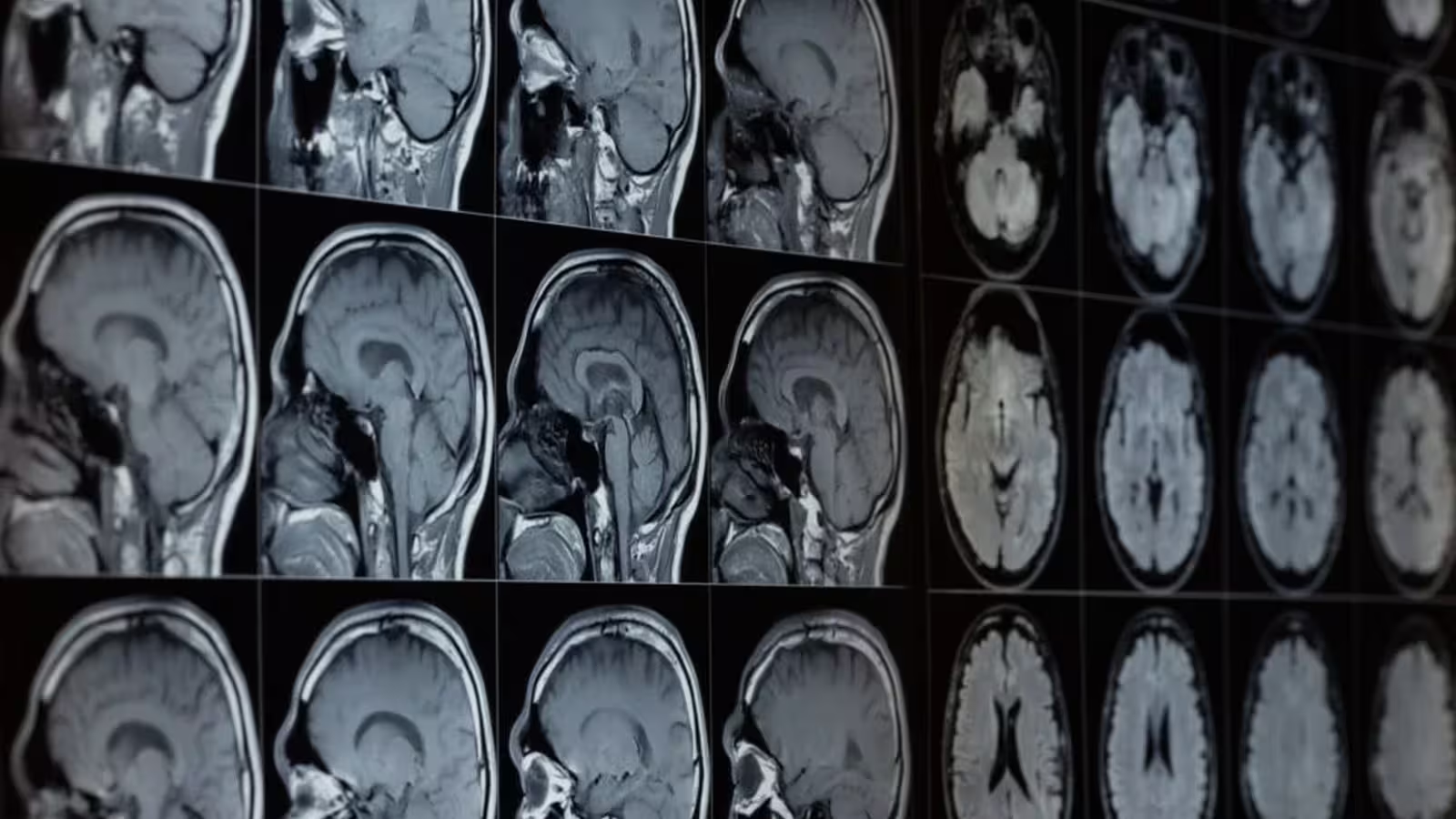5 Minutes
Uncovering a Hidden Factor in Alzheimer's Disease
Alzheimer’s disease stands as one of the most devastating neurodegenerative disorders, currently affecting millions worldwide and continuing to challenge the boundaries of medical science. A recent breakthrough study, spearheaded by researchers at Harvard Medical School and published in Nature, points to a previously overlooked element as a pivotal contributor to Alzheimer’s progression: lithium, a naturally occurring metal found in the human brain.
Scientific Background: The Role of Metals and Proteins in Brain Health
Neuroscientists have long explored the complex interplay of proteins and trace elements in maintaining cognitive function. In Alzheimer’s disease, the hallmark changes are the accumulation of misfolded amyloid beta and tau proteins, both of which play crucial roles in healthy brain physiology but can become pathogenic when their structure is altered. However, these protein accumulations do not tell the whole story. Recent efforts have focused on examining the broader biochemical and elemental context of neurodegenerative diseases, with metals like zinc, copper, and iron under scrutiny. The Harvard research team expanded this inquiry to include lithium, measuring its levels alongside approximately 30 other metals in postmortem brain samples across varying degrees of cognitive health.
Key Findings: Lithium Deficiency and Alzheimer’s Progression
The study revealed that individuals with cognitively healthy brains consistently exhibited higher levels of lithium compared to those diagnosed with Alzheimer’s disease. Importantly, lithium depletion was detected even in subjects with only mild memory loss prior to death, suggesting that declining lithium levels might precede and possibly contribute to neurodegeneration, rather than simply resulting from it.
Further experimental work involving laboratory mice reinforced these results. Genetically modified mice engineered to develop an Alzheimer’s-like condition exhibited accelerated accumulation of toxic amyloid beta and tau when lithium was artificially reduced in their systems. These changes coincided with measurable impairments in memory and learning tasks, highlighting a potential causal link between lithium deficiency and the destructive processes underlying Alzheimer’s.
The researchers also observed that amyloid plaques — one of the characteristic features of Alzheimer’s — tend to bind lithium in the brain, removing it from normal cellular processes. This lithium loss appeared to adversely affect not just neurons but all major brain cell types, hinting at a fundamental disruption of brain homeostasis.
Expert Perspectives and Context
Dr. Timothy Chang, a neurologist and director at the California Alzheimer’s Disease Center at UCLA (not involved with the study), commended the rigor of the work, stating, “The research team implemented detailed investigations at diagnostic, protein, cellular, and genetic levels to connect lithium status with Alzheimer’s pathology.”
Senior author Dr. Bruce Yankner, Professor of Genetics and Neurology at Harvard, explained the significance: “Our study is the first to present evidence that lithium is not just a pharmaceutical agent at high doses, but also a naturally occurring brain element with biological importance. We are exploring, for the first time, what consequences may arise from lithium deficiency in neural tissues.”
Towards Novel Alzheimer’s Treatments and Early Detection
A particularly promising outcome of the new research is the development of a lithium-based compound that resists being sequestered by amyloid plaques. Administering this compound to both older healthy mice and Alzheimer’s-model mice protected them from the typical buildup of pathological proteins and cognitive decline — with no observed toxicity, even at significantly lower doses than those typically required for psychiatric medications.
Current clinical use of lithium is primarily limited to certain mental health disorders like bipolar disorder and depression. These treatments rely on high doses accompanied by notable side effects, restricting broader application. The new lithium compound developed by the Harvard team shows potential as a much safer alternative, as it could be effective at much lower concentrations.
While the findings are early-stage and will require follow-up studies and extensive clinical trials, the implications are considerable. These results point not only to novel treatment strategies but also to future opportunities for screening and prevention. Routine measurement of brain or blood lithium levels could, one day, help assess risk or provide early diagnosis of Alzheimer’s disease before severe decline sets in.
Remaining Questions and Future Directions
The research team is now preparing for additional studies aimed at confirming the safety and efficacy of their compound in humans. Dr. Chang emphasizes that, “Further clinical investigations in patients are essential to determine whether the correct type and dosage of lithium can truly prevent or slow Alzheimer’s disease progression.”
Beyond therapeutic development, this discovery opens new avenues for investigating lithium’s fundamental role in brain physiology. Dr. Yankner reflected, “As neuroscientists, we are just beginning to understand how lithium shapes neural biology. It is likely that we have only scratched the surface of its significance in the brain.”
Conclusion
This landmark study marks a significant advance in our understanding of Alzheimer’s disease and brain chemistry, revealing that lithium, a naturally present element, may play an essential protective role. The compelling evidence that lithium depletion is intricately linked to Alzheimer’s pathology not only paves the way for innovative therapies, but also encourages a reevaluation of how we detect, monitor, and potentially prevent this devastating neurodegenerative condition. As research continues, measuring and managing lithium levels in the brain could emerge as a crucial component in the fight against Alzheimer’s disease.
Source: nature



Comments